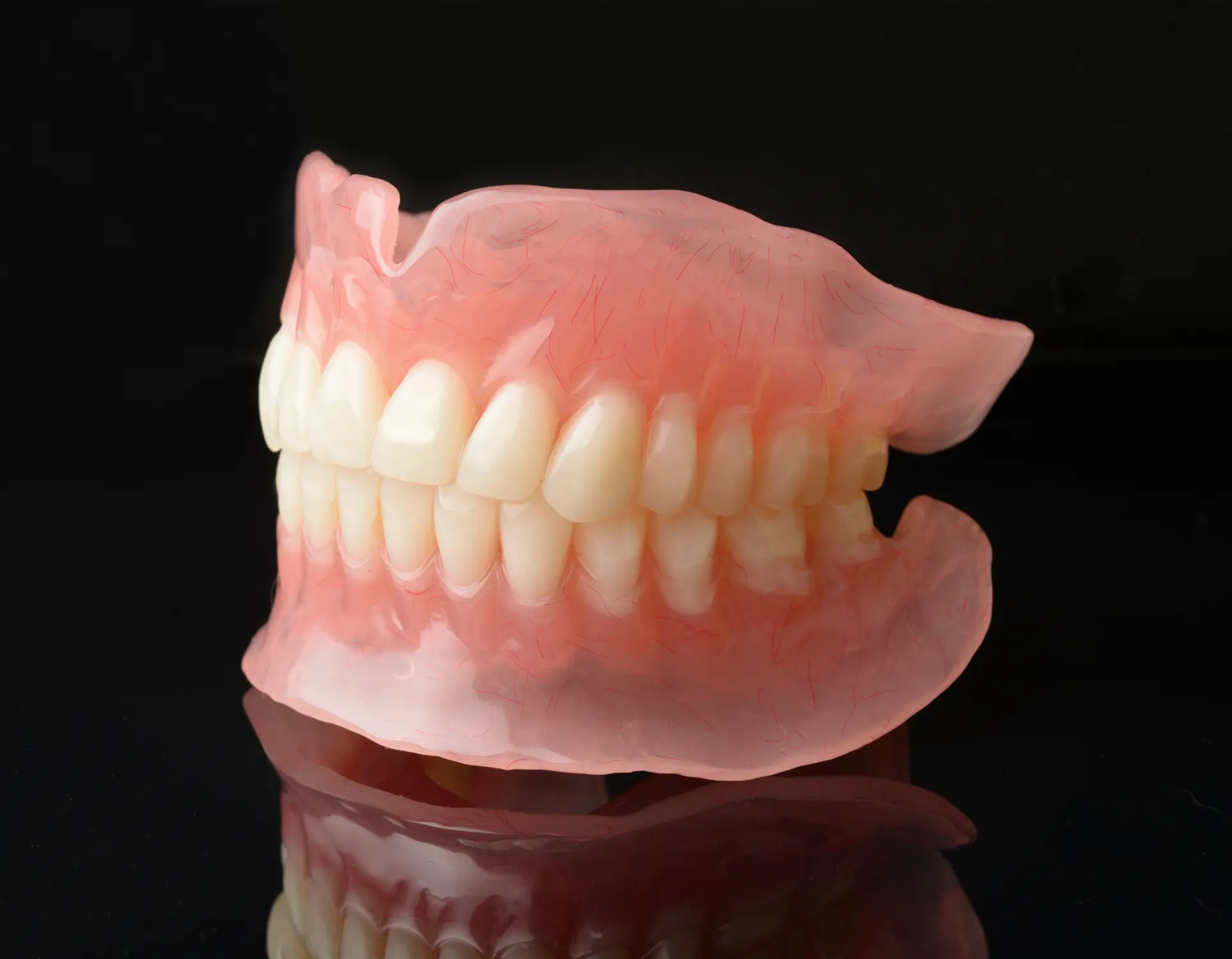Choosing between full and partial dentures can be a daunting decision, one that significantly impacts your quality of life and confidence. Whether you're dealing with tooth loss due to age, injury, or other dental issues, understanding the differences between these two options is crucial in making an informed choice. In this blog, we will explore the benefits and considerations of both full and partial dentures, helping you determine which solution best suits your needs and lifestyle.

Understanding Full Dentures
Full dentures, also known as complete dentures, are designed for individuals who have lost all of their natural teeth in either the upper or lower jaw. They offer a comprehensive solution that restores function and aesthetics to your smile. Here are some key points to consider about full dentures:
- They provide a complete set of teeth that can significantly improve chewing ability.
- Full dentures are custom-made to fit your mouth, ensuring comfort and a natural appearance.
- They can help support facial muscles, preventing the sunken look that often accompanies tooth loss.
While full dentures offer numerous benefits, they do require proper care and maintenance to ensure longevity and effectiveness. Regular dental check-ups are essential to monitor the fit and function of your dentures.





.png)




